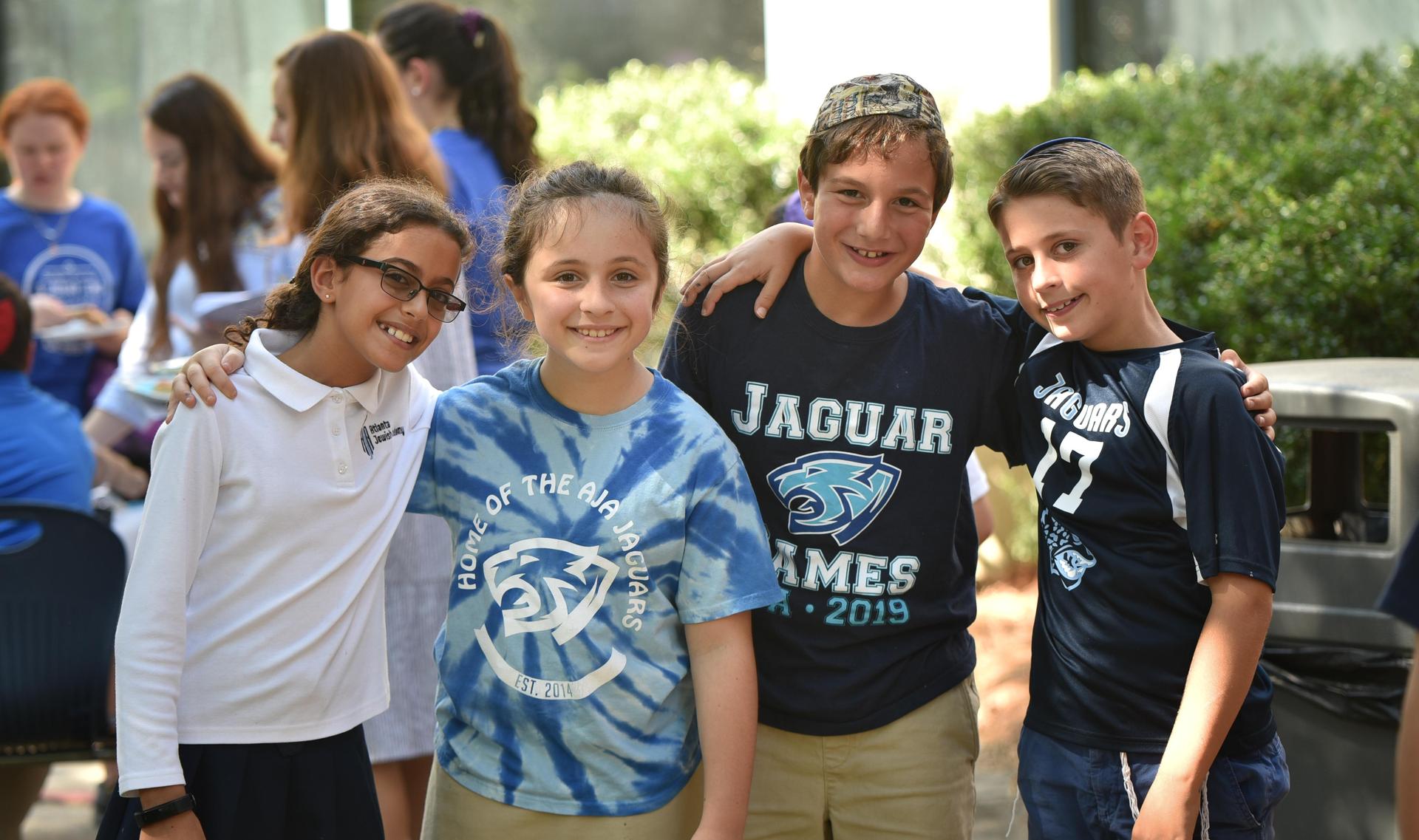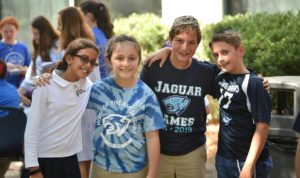

Thanks to Atlanta Jewish Foundation fundholders, 2021 was a year of
tremendous generosity and impact. They made grants totaling more than $40M to 5,4000 nonprofits in Atlanta, the U.S., and around the world. With $365.4M in assets under management, these investments and legacy gifts through Atlanta Jewish Foundation made big things happen.
In 2021, Foundation fundholders made 5,400 grants:
- 70% went to local nonprofits
- 16% went to overseas Jewish nonprofits
- 14% went to national nonprofits
One local beneficiary was Creating Connected Communities (CCC), formerly known as Amy’s Holiday Party. This is a small local nonprofit that provides leadership training to Atlanta teens so they can effectively serve children in need. This year CCC received 43 separate grants from Atlanta Jewish Foundation totaling $93K, providing meaningful and sustaining funding for the organization.
Amy Zeide, Co-Executive Director and founder, expressed her thanks. “Creating Connected Communities is so thankful for the support we have received from Atlanta Jewish Foundation and its donors. Whether through monetary gifts, opportunities to attend and network at events, or spotlights in newsletters, Federation and Atlanta Jewish Foundation have supported CCC in countless ways over the years. It is an honor that Atlanta’s Jewish leaders and philanthropists have the confidence in our program and the impact we make in the community to so generally support our work.”
“It’s very special when we can speak with a donor and recommend a grant opportunity to a deserving nonprofit that aligns with his or her values,” said Jori Mendel, Chief Operating Officer. Such was the case this year when Repair the World Atlanta received a substantial gift from Dr. Craig C. White, who wanted to support Jewish social justice work. Lily Brent, Executive Director of Repair said, “This investment is game-changing for us in terms of cementing a sustainable future for Repair the World in Atlanta. This gift will allow us to grow our impact by increasing our ability to do what we do best: connect young adults to opportunities to live their Jewish values by meeting urgent needs in our community.”
“Although we never had the opportunity to know Dr. White personally, we are humbled that the impact of our fellows, corps members, volunteers, and partners inspired Dr. White’s generosity. We are honored to continue Dr. White’s legacy. We hope his trust in Repair will illuminate our work for others who are able to contribute to our unique approach to mobilizing the Atlanta Jewish community to support our neighbors through meaningful service and learning. We’re grateful to the Atlanta Jewish Foundation both for facilitating the connections that made this gift possible and for helping us raise awareness about our work.”
Never underestimate the power of your generosity. Speak with us about local, national, and international nonprofits where your gift will have tremendous impact.




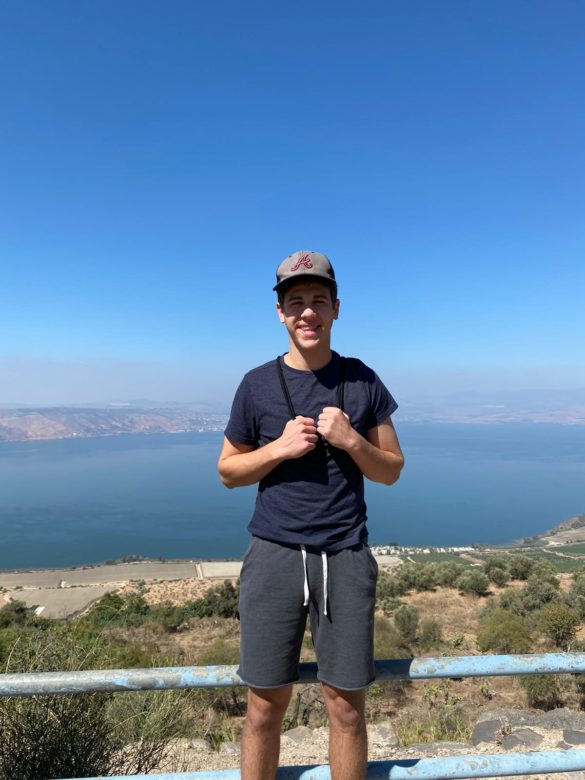

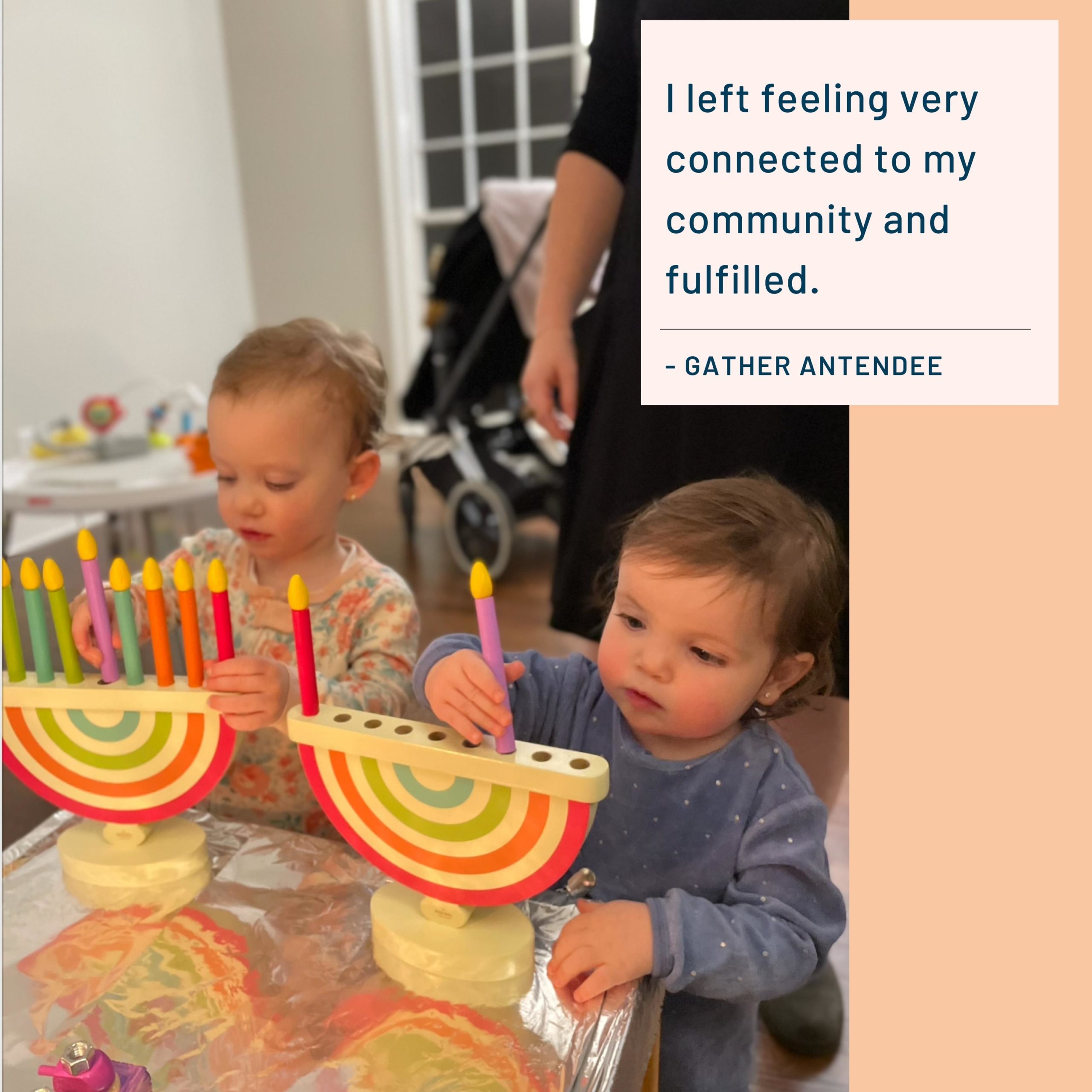
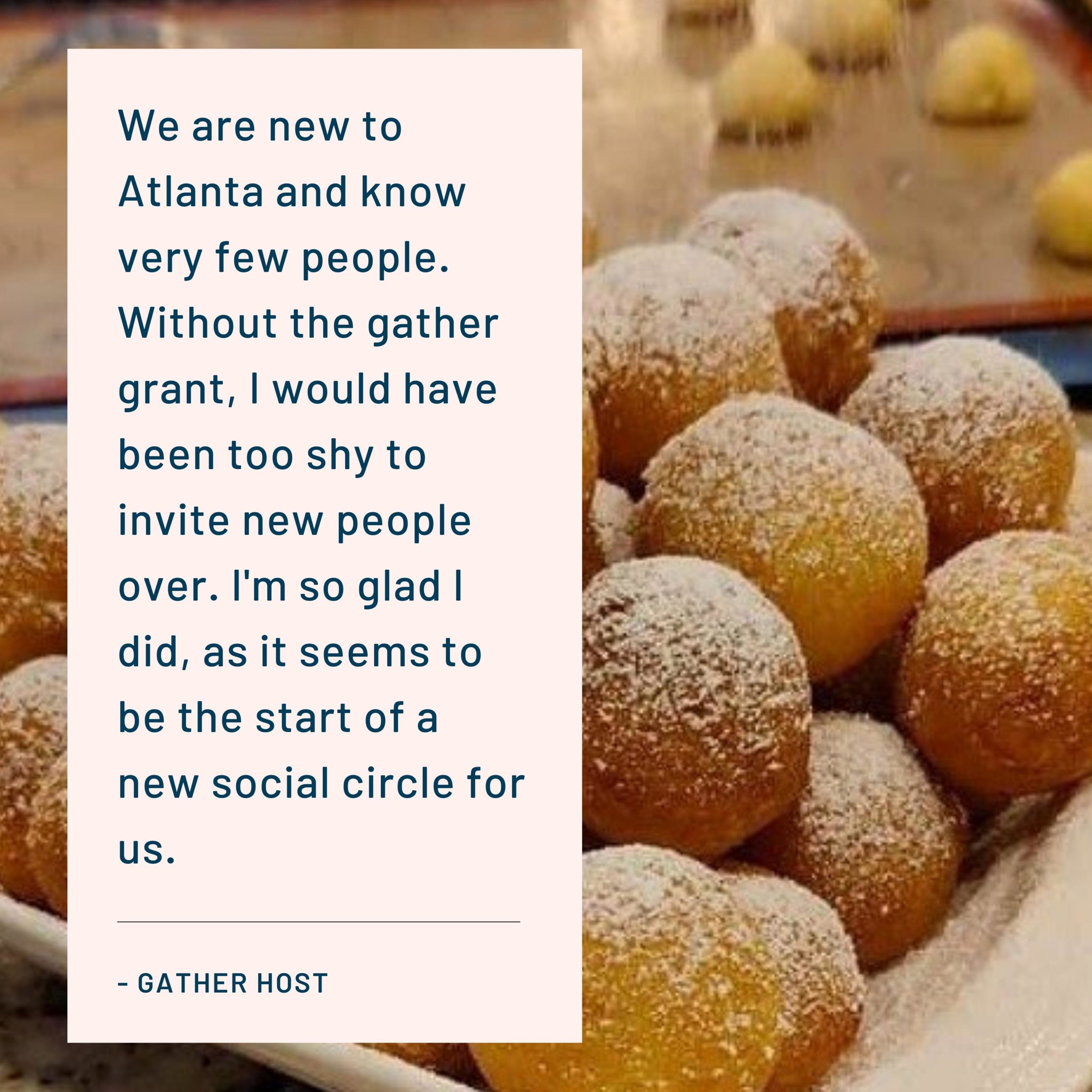
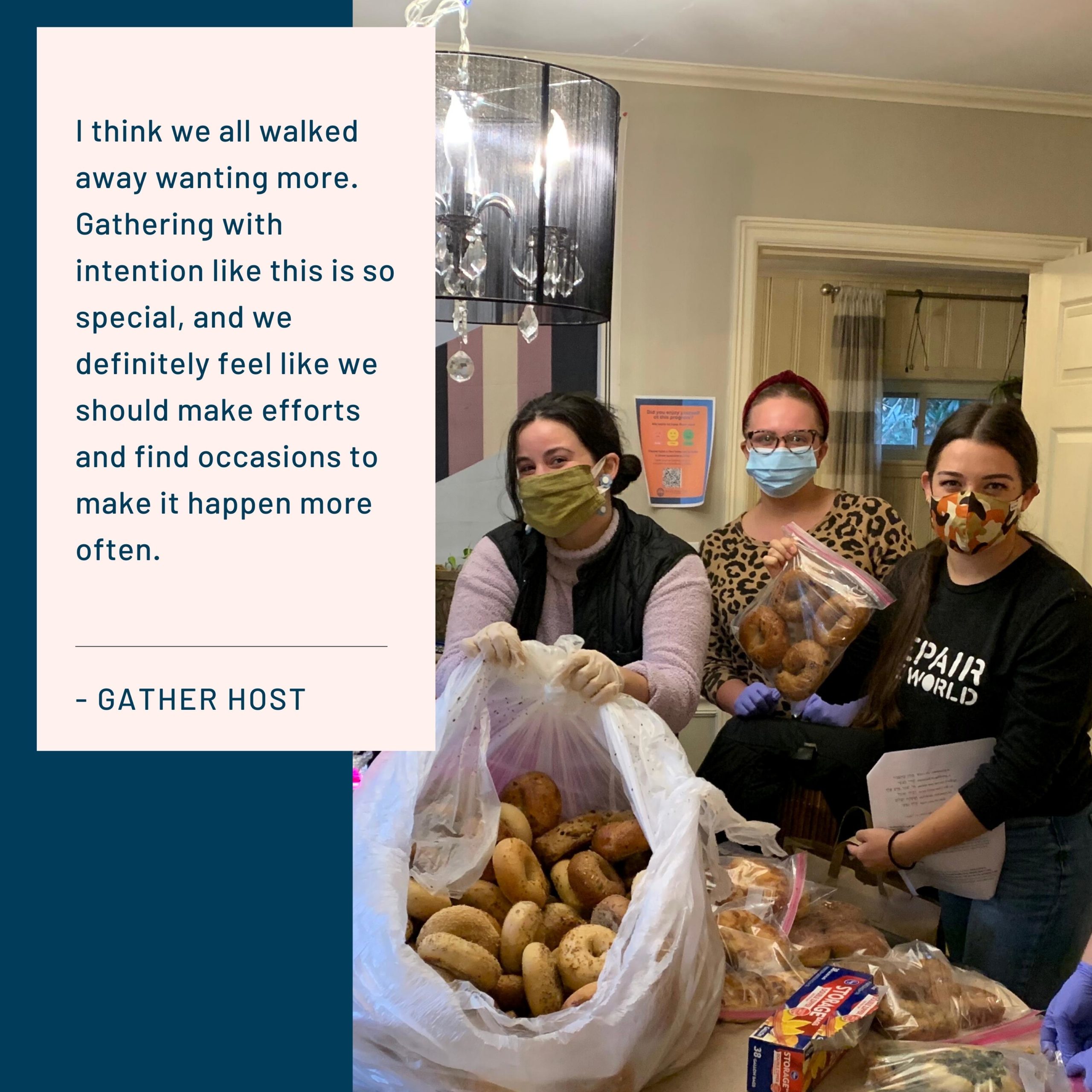
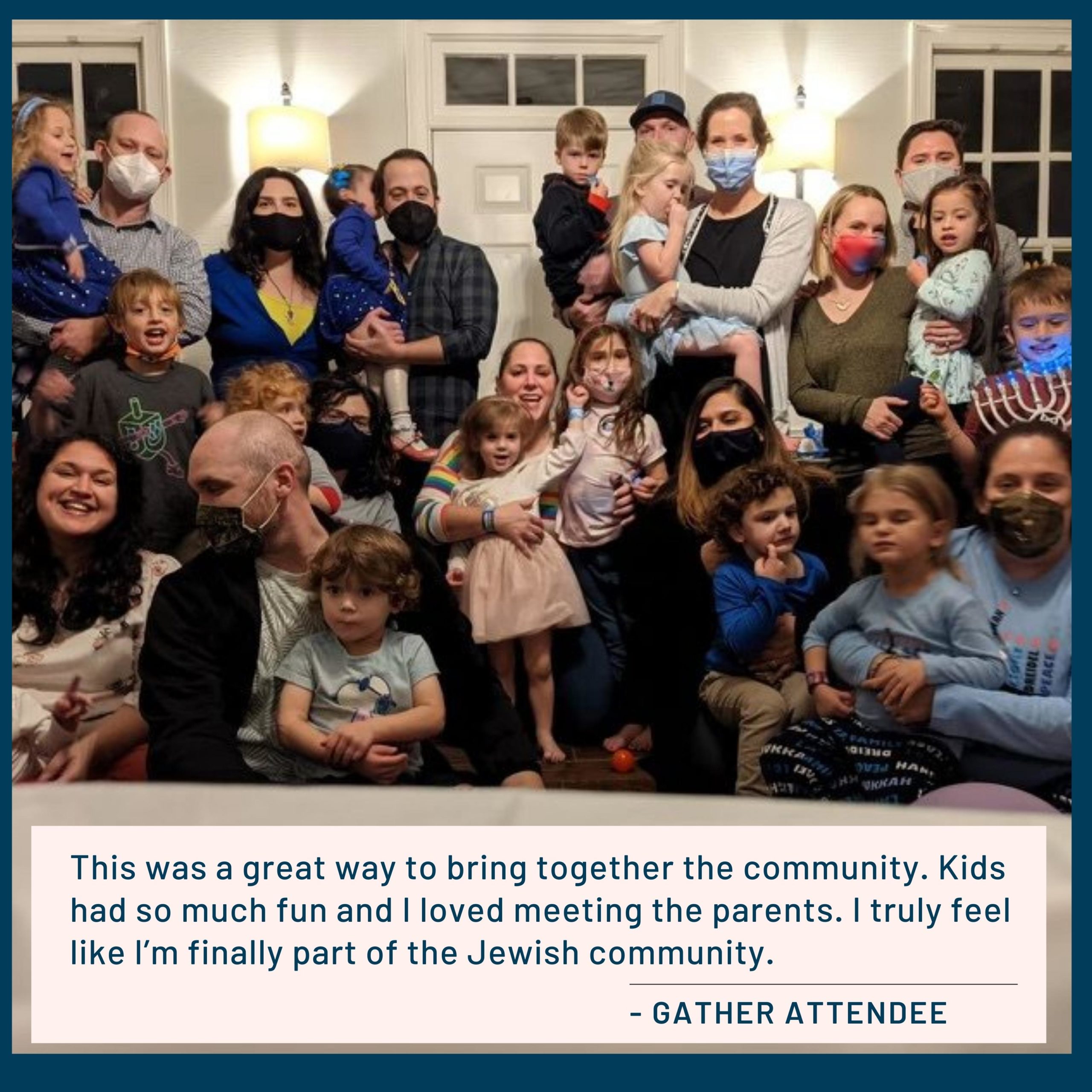
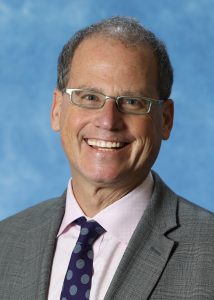 Here comes 2022! I love how the secular new year gives us a chance to revisit the resolutions we wrestled with at Rosh Hashanah. Now, nearly six months later, I am taking a gentle look back at my
Here comes 2022! I love how the secular new year gives us a chance to revisit the resolutions we wrestled with at Rosh Hashanah. Now, nearly six months later, I am taking a gentle look back at my 
 By: Nichole “Niki” Hetchkop, Founder of Beeline Bagels
By: Nichole “Niki” Hetchkop, Founder of Beeline Bagels